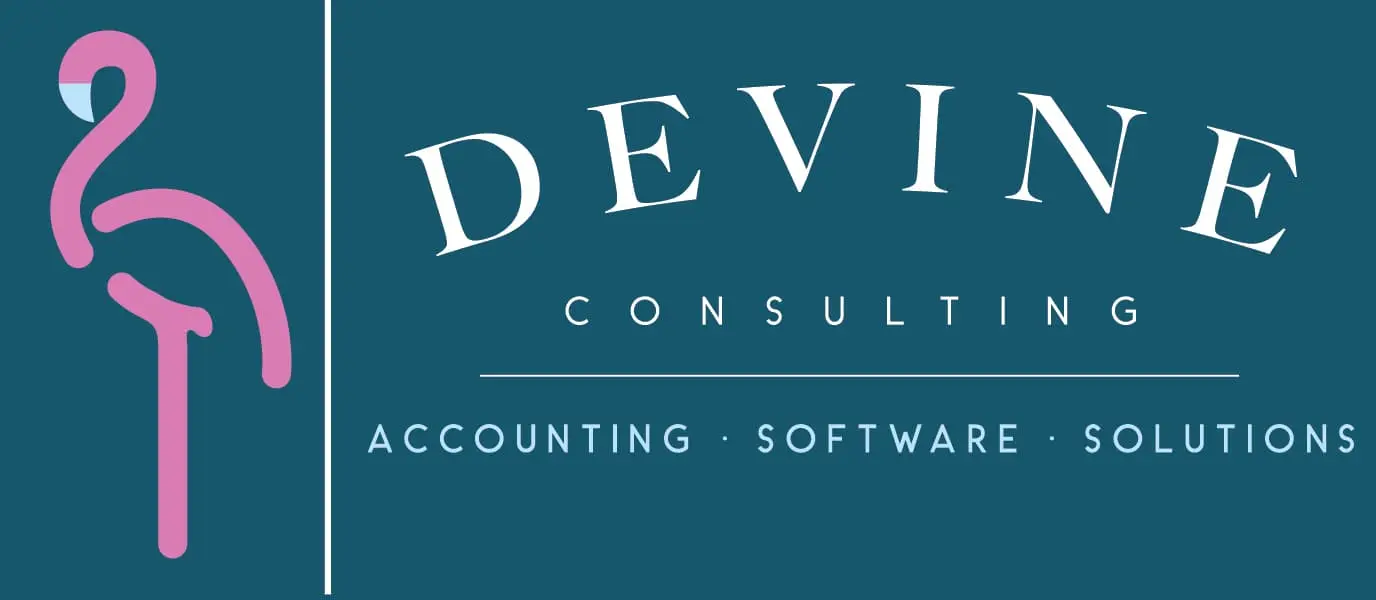Before you pursue any accounting software, understand its features and how they vary by software type. Keep reading for more insight on selecting the best accounting software for your operations and how an outsourced service can help you utilize these platforms.
Why Use Accounting Software?
Most growing companies eventually reach a point where as they engage in more accounting practices, handling the most basic tasks becomes a strain on their resources. When this occurs, the price of dedicating so much time, revenue, and energy to manual accounting quickly limits a business instead of benefitting it.
That’s why companies of all sizes often turn to software that can efficiently record, categorize, manage, and share vital accounting data at more than double the speed for a fraction of the price. By performing tasks such as standard billing and invoicing, project management, and payroll services, business owners can relax as their operations grow.
The Advantages of Accounting Software
Cloud-based accounting software can easily be a money- and time-saving investment. However, it comes with many other benefits:
- Most accounting software is highly scalable and can adapt based on added features or modules in a cloud-based system.
- It allows you to take a more proactive approach to online payments, invoicing, and billing with automated reminders and payment tracking features.
- Accounting software increases data entry accuracy.
- Certain software can create customized reports and charts for an appealing, digestible look.
- Accounting software can help businesses stay on top of inventory management.
- Unlike traditional methods, using online software can be one of the most secure ways to protect your data.
Are There Really Cons to Accounting Software?
In our opinion, no- there aren’t any major disadvantages of cloud-based accounting software. However, depending on your company’s needs, you may want to consider certain factors for what your business can handle. Account for the following possibilities:
- Many software applications have so many customization and configuration options that, if implemented incorrectly, could result in significant time-consuming errors. Plus, certain programs can’t adapt as quickly as certain businesses grow.
- While cost-effective for many, failing to consider the full costs of the software can lead to lots of surprises. Some business owners don’t consider additional costs like maintenance or training.
- Some accounting software doesn’t have many features, meaning businesses must thoroughly research to find the right package they are looking for.
Our accounting software support services are perfect for businesses of all sizes. Learn more.
What Are the Primary Types of Accounting Software?
There are at least four widely-recognized types of accounting software, each with its notable products and more nuanced set of pros and cons:
1. Small Business Accounting Software
Small business accounting software is specially designed for start-ups, small-to-medium-sized businesses, freelancers, independent workers, and other entrepreneurs who need affordable and straightforward resources to manage their income and expenses.
Software like Sage Intacct and QuickBooks are perfect for emerging businesses that want a taste of effective accounting software. Quickbooks, for example, is a wonderful starting point for a small business accounting system that can manage employee wages and use payroll features up to a certain point. Meanwhile, Sage Intacct can grow with you from a startup to an enterprise level.
2. Enterprise Resource Planning (ERP) Accounting Software
ERP accounting software is specifically for vast enterprises with manufacturing departments. These systems are huge powerhouses for streamlining operations for all things accounting, manufacturing, marketing, and much more. They can relay high-level information about forecasting and risk assessment, show advanced features, and allow business owners to set up custom KPIs-perfect for massively-sized companies with lots of complexities.
3. Billing and Invoicing Software
The most standardized accounting software, billing and invoicing, is as fitting for small businesses as it is for individuals. Like small business accounting systems, these solutions also help grow emerging businesses. They provide glance-level looks at balance sheets and other elements like double-entry bookkeeping that keep business assets, liabilities, and equity in place.
4. Payroll Accounting Software
Every company needs workers, and basic payroll accounting software can be its own robust system or part of a larger accounting strategy, depending on your business’s needs. Payroll systems are excellent solutions that allow businesses to automatically pay workers on time, without hassle, based on hours worked. They’re a massive function of hiring and onboarding, time tracking, and project management overall.
Trouble Narrowing Down the Right Accounting Software? Try Outsourcing
As a business owner, you may waste valuable time and energy choosing the ideal accounting software for your business. Instead, you can simplify this decision by considering hiring outsourced accounting services.
By outsourcing your accounting needs, you can rely on the expertise of professionals who are well-versed in various accounting software platforms and can easily determine which one best suits your specific requirements. This way, you can focus on core operations and strategic decision-making while ensuring your financial matters are in good hands.
Choose Devine Consulting, LLC for Your Outsourced Accounting Needs
Are you ready to join The Flock? Learn more about what Devine has to offer and request a consultation today.

